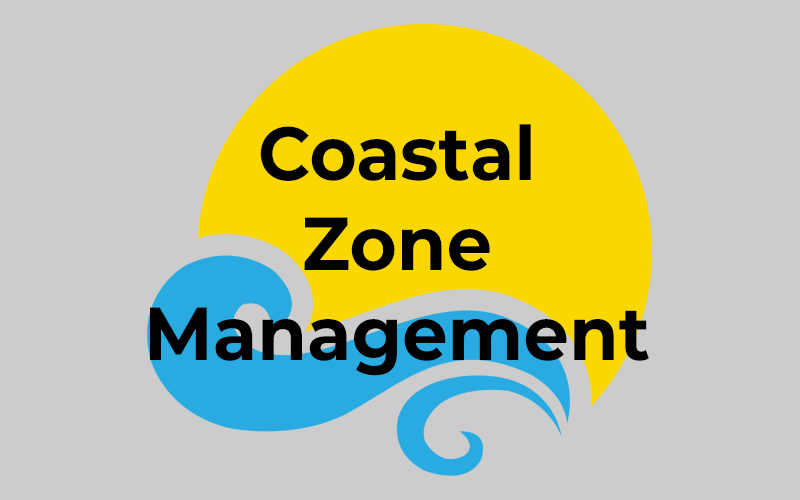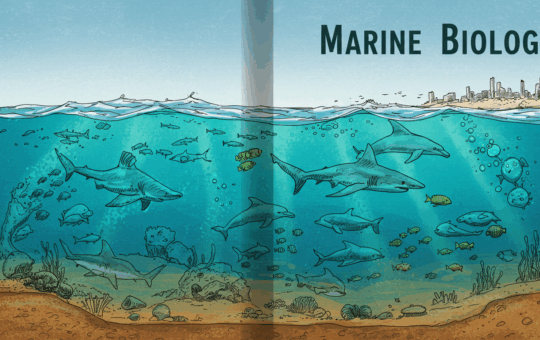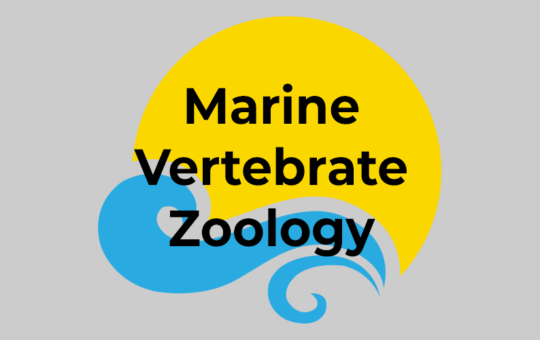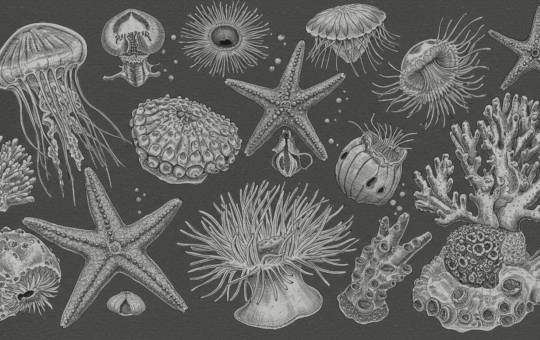
Coastal Zone Management
Coastal Zone Management focuses on the sustainable development and conservation of coastal areas, which are among the most dynamic and productive environments on Earth. This course provides students with a comprehensive understanding of the physical, ecological, and socio-economic processes that shape coastal zones. Students will explore the diverse habitats found in coastal areas, including estuaries, mangroves, salt marshes, and sandy beaches, and examine the ecological functions and services they provide. The course emphasizes the importance of integrated coastal zone management (ICZM), which aims to balance the needs of development, conservation, and community livelihoods.
In addition to the natural aspects, the course addresses the human impact on coastal zones, such as urbanization, tourism, pollution, and climate change. Students will study various management strategies and policy frameworks designed to mitigate these impacts and promote sustainable use of coastal resources. The course covers tools and techniques for coastal planning and management, including geographic information systems (GIS), remote sensing, and environmental impact assessments. Through lectures, case studies, and fieldwork, students will develop the skills and knowledge necessary for careers in coastal management, environmental planning, and conservation, while understanding the critical importance of preserving coastal ecosystems for future generations.
Curriculum
- 6 Sections
- 20 Lessons
- 1 Quiz
- 0m Duration
Section 1: Introduction to Coastal Zone Management
- Chapter 1: Overview of Coastal Zone Management
- Chapter 2: History and Development of Coastal Zone Management
- Chapter 3: Principles of Coastal Zone Management
Section 2: Coastal Ecosystems and Processes
- Chapter 4: Coastal Ecosystems and Habitats
- Chapter 5: Physical Processes in Coastal Zones
- Chapter 6: Biological Processes in Coastal Zones
Section 3: Human Impact on Coastal Zones
- Chapter 7: Coastal Development and Urbanization
- Chapter 8: Pollution and Water Quality
- Chapter 9: Climate Change and Coastal Zones
Section 4: Coastal Zone Management Strategies
- Chapter 10: Policy and Legislation
- Chapter 11: Integrated Coastal Zone Management (ICZM)
- Chapter 12: Community-Based Coastal Management
Section 5: Tools and Techniques for Coastal Management
- Chapter 13: Geospatial Technologies in CZM
- Chapter 14: Coastal Engineering and Protection
- Chapter 15: Ecosystem-Based Management (EBM)
Section 6: Case Studies and Future Directions
- Chapter 16: Case Studies in Coastal Zone Management
- Chapter 17: Emerging Issues and Challenges
- Chapter 18: Technological Innovations in CZM
- Chapter 19: Economic and Social Aspects of CZM
- Chapter 20: Global Collaboration and Cooperation
- Coastal Zone Management



